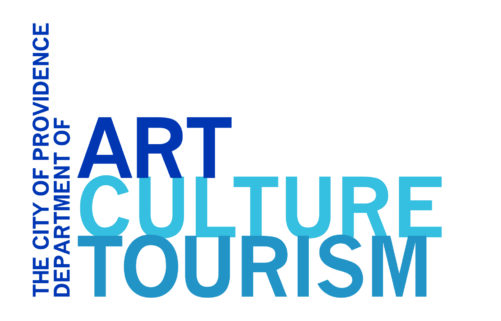Request for Review of Commemorative Works
Frequently Asked Questions
When will a decision be made about my proposal
The Committee will consider all RFRs and Proposal Submissions as a body of work, rather than on an ad hoc basis. To that end, the Committee will review both RFRs and Proposal Submissions two (2) times per year. Depending on how far your proposal advances in the process, a final decision could take between six to twelve months.
Will there be opportunities for my community to offer commentary or feedback?
For each RFR or new Proposal, ACT will release a non-anonymous electronic survey that offers a brief summary of each RFR/Proposal and seeks open-ended feedback. City Archives will prepare a written briefing to accompany this survey prior to one (1) public hearing convened by ACT for each review period. At the hearing, the City Archivist will provide a brief presentation on each RFR/Proposal, and then ACT staff will facilitate and record public comments. The minutes from this public hearing will be made available via ACT’s website, newsletter and social media channels, and shared with the Mayor’s Community Relations office and the City Council for dissemination.
What are the potential outcomes of my RFR or Proposal?
The City of Providence Special Committee on Memorials and Monuments will convene in person to discuss the social and cultural merit of the project with respect to results of the Assessment and Public Comment processes, as well as contextual briefings created by the staff of the City of Providence Archivist for all RFRs. Thereafter the Committee will draft an opinion making one of four recommendations for RFRs:
- No action
- Modification (including structural changes and reinterpretation)
- Relocation
- Deaccession and removal
RFRs that receive a recommendation of (2), (3), or (4) will advance to the City Services Working Group for Technical Review.
If a Proposal for a new monument or memorial is deemed to have social and or cultural merit, it will advance to the City Services Working Group for Technical Review.
What happens during the Technical Review phase?
The City Services Working Group conducts an initial Technical Review to determine whether the proposal is safe and actionable with respect to existing site usage and capabilities. Based on the results of this review, the City Services Working Group writes an opinion to either advance or reject the RFR or Proposal for review by the Art and City Life Commission. For RFRs that receive a recommendation of (3) (i.e. those that require relocation), as well as new Proposals, this will include recommendations for several feasible sites for installation.
What happens during the review by the Art and City Life Commission?
If the RFR or Proposal advances from Technical Review it goes to the Art in City Life Commission for Site and Design Review. For a list of criteria for Site and Design Review, please refer to pages 51-52 of the Art in City Life Plan.
Depending on the site of the proposed modification, relocation, or deaccession, the applicant may need to request review and/or approval from one or more of the following bodies:
-
- Providence Department of Planning and Development:
- Capital Center Commission
- Downtown Design Review Committee
- Historic District Commission
- Board of Parks Commissioners, Providence Department of Parks and Recreation
- City Council Committee on City Property
- Providence Department of Planning and Development:
NOTE: ACT does not manage the timelines or processes of these bodies. It is the applicant’s job to ensure that their proposal is scheduled for any additional review.
Once the site has been finalized, the RFR or Proposal goes to one of following two bodies for final review and approval:
-
-
- For projects on City park land: Board of Parks Commissioners, Providence Department of Parks and Recreation
- For all other projects: City Council Committee on City Property
-
What happens once the relevant governing body/bodies adopt/s a recommendation or proposal?
Adopted RFRs and Proposals clear the way for project implementation, but do not guarantee funding. It is the applicant’s responsibility to fundraise or otherwise ensure that costs associated with modification, relocation, or de-accession/removal are covered and to ensure that any conditions of adoption, including the development of site agreements with recommended timelines, are adhered to.
More frequently asked questions about the nature and purpose of the Special Committee are answered on the main Commemorative Works page.

